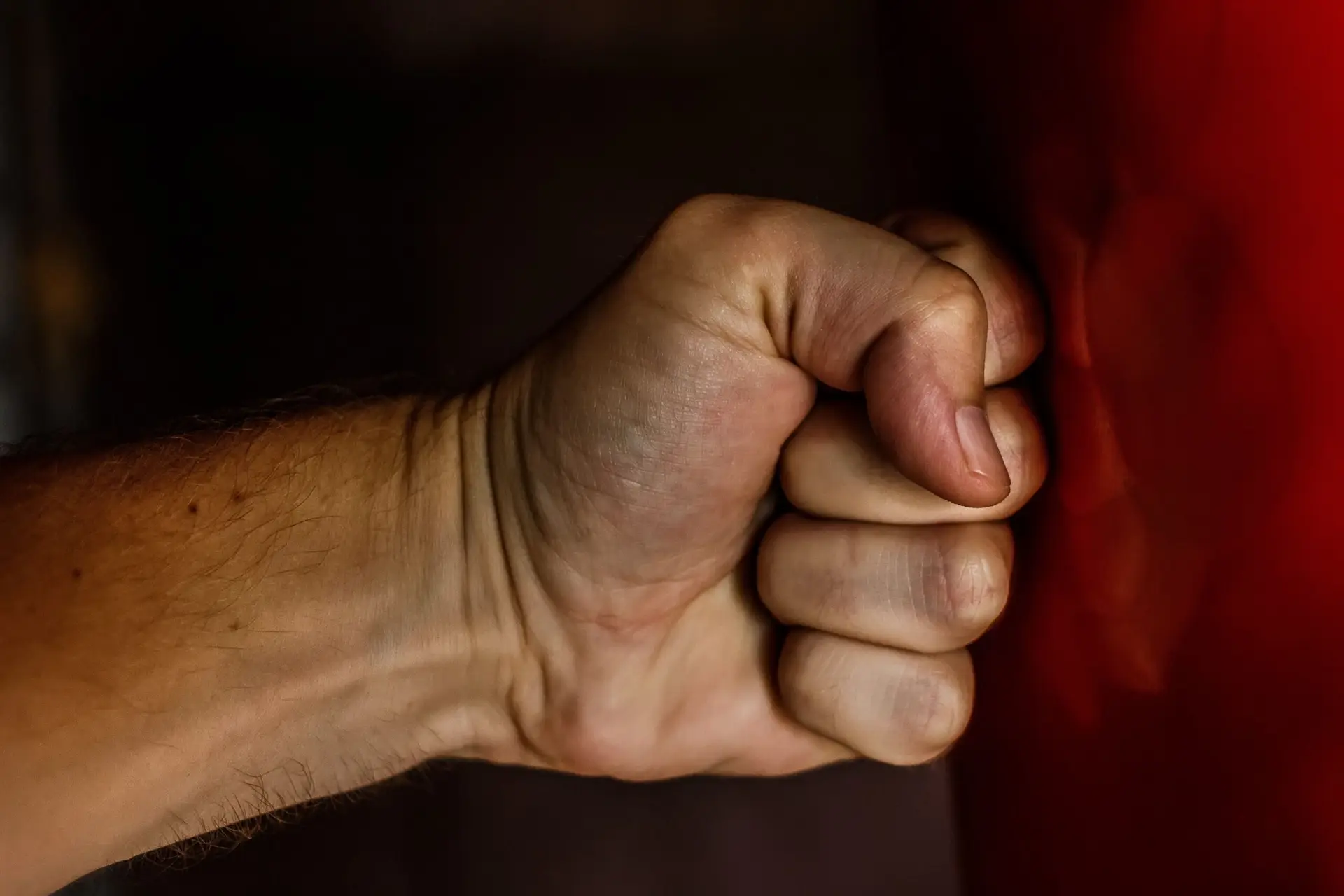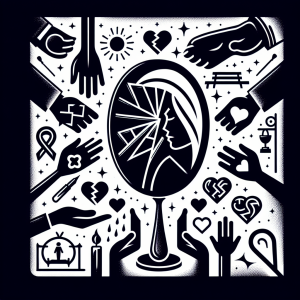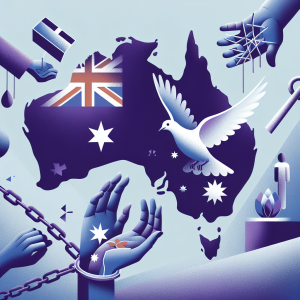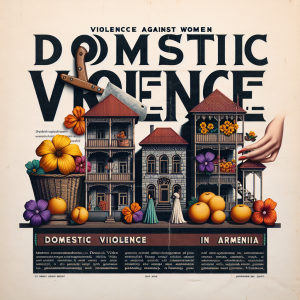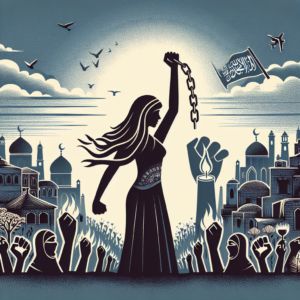October is recognized as Domestic Violence Awareness Month, a time when we come together to shed light on an issue that affects millions of individuals around the world. During this month, it’s essential to educate ourselves and take action to empower survivors and raise awareness about domestic violence. In this article, we will discuss various ways to support survivors and contribute to the cause, while also addressing some frequently asked questions related to domestic violence.
Section 1: Understanding Domestic Violence
Before delving into the ways we can support survivors, it’s crucial to have a basic understanding of domestic violence. Domestic violence refers to the pattern of abusive behaviors used by one partner to gain power and control over the other in an intimate relationship. It involves physical, emotional, psychological, sexual, and financial abuse. Domestic violence can affect anyone regardless of their age, gender, race, or socioeconomic status.
Section 2: Empowering Survivors
1. Educate Yourself: The first step in supporting survivors is to educate yourself about domestic violence. Understanding the signs, effects, and dynamics of abuse will help you approach the situation more sensitively and offer appropriate support.
2. Be a Good Listener: Survivors often need someone to talk to without judgment. Be a compassionate listener and provide a safe space for them to share their experiences. Avoid blaming or questioning their decisions, as this can exacerbate their feelings of shame and guilt.
3. Believe and Validate: One of the most empowering things you can do for a survivor is to believe and validate their experiences. Domestic violence often involves manipulation and gaslighting, causing survivors to doubt their own reality. By affirming their experiences, you contribute to their healing process.
4. Offer Supportive Resources: Familiarize yourself with local support services, helplines, shelters, and counseling options. Provide survivors with information about available resources and empower them to make decisions based on their needs and safety.
5. Help Create a Safety Plan: Collaborate with survivors to develop a safety plan. This plan involves identifying actions they can take to protect themselves and any children involved, including finding a safe place to go, packing an emergency bag, and notifying trusted individuals about their situation.
6. Encourage Professional Help: Encourage survivors to seek professional help from counselors or therapists who specialize in domestic violence. Professional support can play a vital role in a survivor’s healing journey.
Section 3: Raising Awareness
1. Share Educational Content: Utilize social media platforms and other mediums to share educational content about domestic violence. Provide statistics, signs, and resources to increase awareness among your friends, family, and followers.
2. Participate in Awareness Campaigns: Join local or national domestic violence awareness campaigns. Whether it’s wearing purple, participating in rallies, or sharing survivor stories, your participation will contribute to the collective effort in raising awareness.
3. Advocate for Policy Change: Engage with local policymakers and legislative bodies to advocate for changes that protect survivors and hold abusers accountable. Support organizations that work towards policy reform and lend your voice to their initiatives.
4. Support Survivor-Run Programs: Many survivors start organizations or initiatives to empower others who have experienced domestic violence. Consider supporting these survivor-led programs through volunteering, donations, or publicizing their work.
5. Educate Youth: Recognize the importance of educating young individuals about healthy relationships, consent, and boundaries. Support efforts in schools and communities to incorporate education on domestic violence prevention into curriculums.
FAQs:
Q: What are the signs of an abusive relationship?
A: Signs of an abusive relationship may include physical violence, verbal insults, controlling behaviors, isolation from loved ones, threats, manipulation, and financial control. It is essential to remember that abuse can manifest in various ways, and each situation may be unique.
Q: How can I support someone who may be in an abusive relationship?
A: Offer non-judgmental support, listen empathetically, believe and validate their experiences, provide information about available resources, and encourage them to seek professional help. Avoid intervening forcefully, as this may put the survivor at risk.
Q: Are men also affected by domestic violence?
A: Yes, men can be victims of domestic violence too. While women are statistically more likely to experience abuse, it is crucial to recognize that men can also be survivors. It’s important to provide inclusive support and resources for all survivors.
Q: How can I recognize if someone is not ready to leave an abusive relationship?
A: Leaving an abusive relationship is a complex and personal decision that survivors make based on various factors. They may not be ready to leave due to fear, financial dependence, love for their abuser, or limited support network. Respect their decisions and offer ongoing support without pressuring them.
Q: How can I protect myself when supporting a survivor?
A: It’s essential to prioritize your safety as well. Maintain boundaries, practice self-care, and seek support from professionals or support groups. Recognize your limitations and refer the survivor to appropriate resources when necessary.
In conclusion, empowering survivors and raising awareness about domestic violence require collective efforts. By educating ourselves, supporting survivors, and actively participating in awareness campaigns, we can contribute to a world where domestic violence is eradicated, and survivors can heal and thrive.



